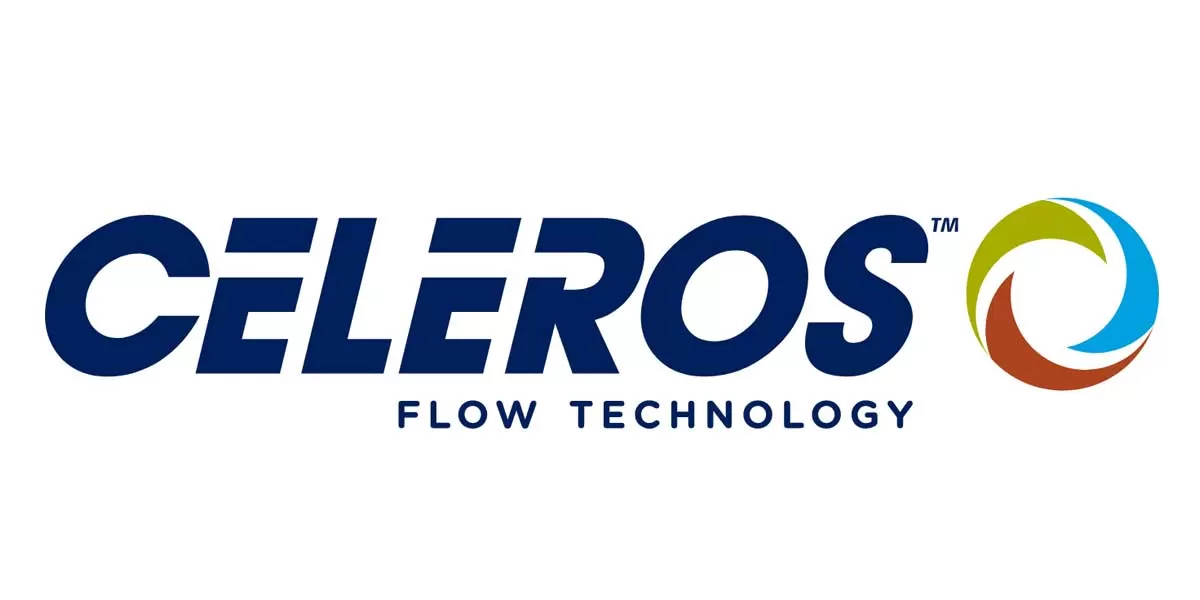
Significance of ESG in Commercial Real Estate
Read full article
CW Gold Benefits
- Weekly Industry Updates
- Industry Feature Stories
- Premium Newsletter Access
- Building Material Prices (weekly) + trends/analysis
- Best Stories from our sister publications - Indian Cement Review, Equipment India, Infrastructure Today
- Sector focused Research Reports
- Sector Wise Updates (infrastructure, cement, equipment & construction) + trend analysis
- Exclusive text & video interviews
- Digital Delivery
- Financial Data for publically listed companies + Analysis
- Preconceptual Projects in the pipeline PAN India

Celeros and Westinghouse Suppliers Meet U.S. Congress for AP1000
Celeros Flow Technology (Celeros FT) joined more than 30 Westinghouse Electric Company supply chain partners recently to meet with members of the U.S. Congress to discuss the significant benefits of deploying proven AP1000 nuclear technology in the U.S. and overseas. With more than six decades of experience as a lifecycle partner to the world’s nuclear industry, Celeros FT brought many expert insights to the discussion. Bill Cronauer, Regional Commercial Director, Americas and Ken Lazzara, Copes Vulcan Global Commercial Lead, Celeros FT, highlighted the economic impact and manufacturing..

Union Properties Reports 18.2% Revenue Growth Q1 2025 Results
Union Properties PJSC announced its financial results for the first quarter of 2025, reporting a strong start to the year with 18.2% increase in revenue, reaching AED163 million compared with AED138 million in Q1 2024. This revenue growth is expected to continue, supported by strategic initiatives and project launches, with significant increases anticipated each quarter. This solid performance underscores the Company’s continued focus on its core operations and the positive contributions of its high-performing subsidiaries across the UAE’s Real Estate sector. Gross profit increased to..

World Cement Association's Comment on Linking UK and EU carbon markets
Fabien Charbonnel, Director at the World Cement Association (WCA) and Directeur Général, Cem’In’Eu comments, “I believe a unified carbon market reduces the risk of competitive distortion and encourages fairer competition across borders. Consistent carbon pricing mechanisms promote efficiency and provide clarity for businesses operating internationally. For UK-based cement producers, alignment could remove disadvantages when exporting to the EU if UK carbon prices exceed those in Europe. However, it is worth noting that EU producers exporting to the UK would similarly benefit from great..














